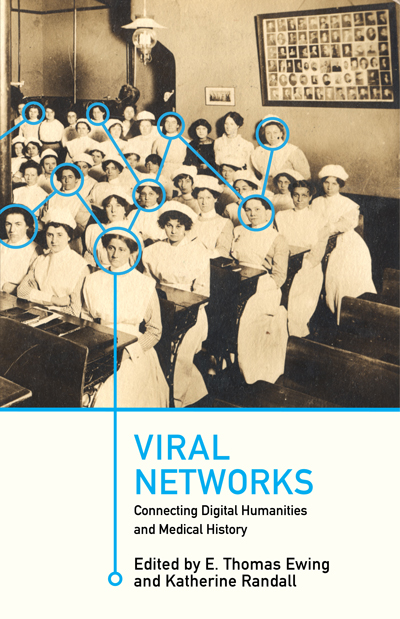QBARS - v27n4 Seed Exchange Notes
Seed Exchange Notes
Esther Berry, Aberdeen, Washington
When you consider the incredible bounty of nature, it is hard to believe that there could ever be a shortage of rhododendron seeds - but there is. That shortage is likely to be more critical this year than usual. The steady increase in demand can be expected to continue but our resources are certain to be sharply curtailed. The bitter cold of last winter caused severe damage to some of the gardens on the West Coast which normally supply generous quantities of seed.
We are searching for alternate sources of supply and urge our members to make a special effort on behalf of the seed exchange this year. Seed must reach us no later than January 1, if it is to be included in our seed list. It would greatly facilitate our work and improve our state of mind if we could have it much earlier.
Preparations for distribution take time, a lot of time. Seed must be packaged and cataloged and files set up before the list can be prepared. The list must go to the printer on February 1 without fail. Upon completion the printers sends the list to all members without special request. Foreign members will receive the list by airmail. The mailing date varies but would normally fall between February 15 and March l.
There is a brisk demand for seed of all categories but the species attract the most attention. This applies not only to wild collected and hand pollinated seed but to open pollinated seed as well. There appears to be a slight decline in request for hand pollinated hybrid crosses. However, the supply of crosses in which R. yakushimanum is one of the parents is still short of the demand. Also, crosses with hardy new hybrids are also in short supply.
It is necessary to keep a watch on seed as it begins to ripen - f left too long, valuable seed can be lost. If it is picked too green, the capsules will not open and it is a very tedious chore to pick the seed out by hand. You should never crush the seed capsules to release the seed for it is then impossible to remove the chaff. I am not sure why, but I believe that seed which is collected while it is still green does not retain its viability as long. as when it is fully mature. The seed is ready to collect when the pedicel begins to turn brown or when the sections of the capsule show small cracks. Seed may be shipped in the capsules or dried and shaken out before sending; which ever is most convenient.
Remember that envelopes are not seed-tight so it is necessary to wrap the seed securely by folding the paper. Make certain that seed is carefully and legibly labeled. Always indicate whether or not the seed is hand pollinated, open pollinated or collected in the wild. Where there is variation in the flower color of a species, please state the color of the seed parent.
